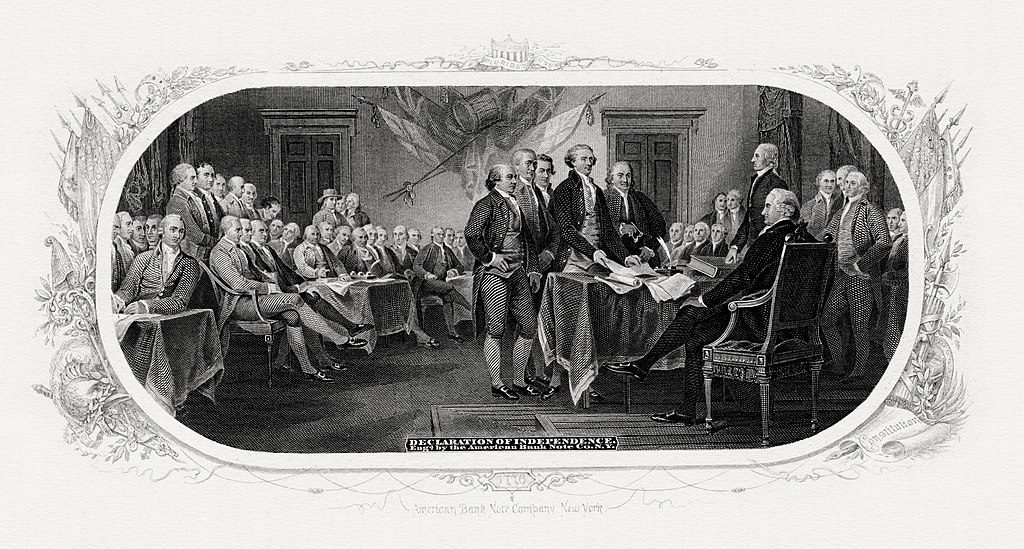The phrase “the consent of the governed” is a fundamental principle of the Live and Let Live philosophy, which holds that the legitimate authority of any government is derived from the consent of the people it governs. The inverse is also true – government should have no authority over those who do not consent to it. This principle is rooted in the idea that all individuals have certain inalienable rights, including the right to self-government, and that any government that does not respect those rights is illegitimate.
The concept of “the consent of the governed” can be traced back to the Enlightenment period, when philosophers such as John Locke and Jean-Jacques Rousseau began to argue that government should be based on the consent of the people, rather than on the divine right of kings or other forms of hereditary rule. This idea was further developed during the American Revolution, when the colonies declared their independence from Great Britain and formed a new government based on the consent of the people.
One of the key ways that the principle of “the consent of the governed” is put into practice is through the democratic process of free and fair elections. In a democratic system, citizens have the right to vote for the leaders and representatives who will make decisions on their behalf, and to hold those leaders accountable through regular elections. This ensures that the government is responsive to the needs and desires of the people, and that it is constantly seeking to gain and maintain their consent.
Another important aspect of the consent of the governed is the protection of individual rights and freedoms. A government that truly operates with the consent of the governed must respect the rights of all citizens, regardless of their race, gender, religion, or other characteristics. This means that the government must not only refrain from violating these rights, but also actively work to protect them from infringement by others.
And Government must not use it’s power to override the consent of an individual to suppress their liberty. As Thomas Jefferson pointed out:
“Rightful liberty is unobstructed action according to our will, within the limits drawn around us by the equal rights of others. I do not add ‘within the limits of the law’; because law is often but the tyrant’s will, and always so when it violates the right of an individual.”
Thomas Jefferson to Isaac H. Tiffany, 4 April 1819
The fear of a “tyranny of the majority” is a real one, and one that we can see has come to pass. We can debate the benefit of income taxes, but without question there are some people who wish they did not have to pay income taxes. Should the majority be able to force those people to pay? Is that governing some people without their consent?
The phrase “the consent of the governed” is a crucial principle of democracy that ensures that the authority of government is based on the will of the people, but it must also be seen as a warning. This principle is put into practice through free and fair elections, as well as the protection of individual rights and freedoms, but once a majority is able to violate the rights of a minority by acting against them without their consent, the government ceases to be legitimate.
By ensuring that the government operates only with the consent of the governed, democracy can ensure that the needs and desires of the people are at the forefront of decision-making and that it remains accountable to them.

Comments are closed